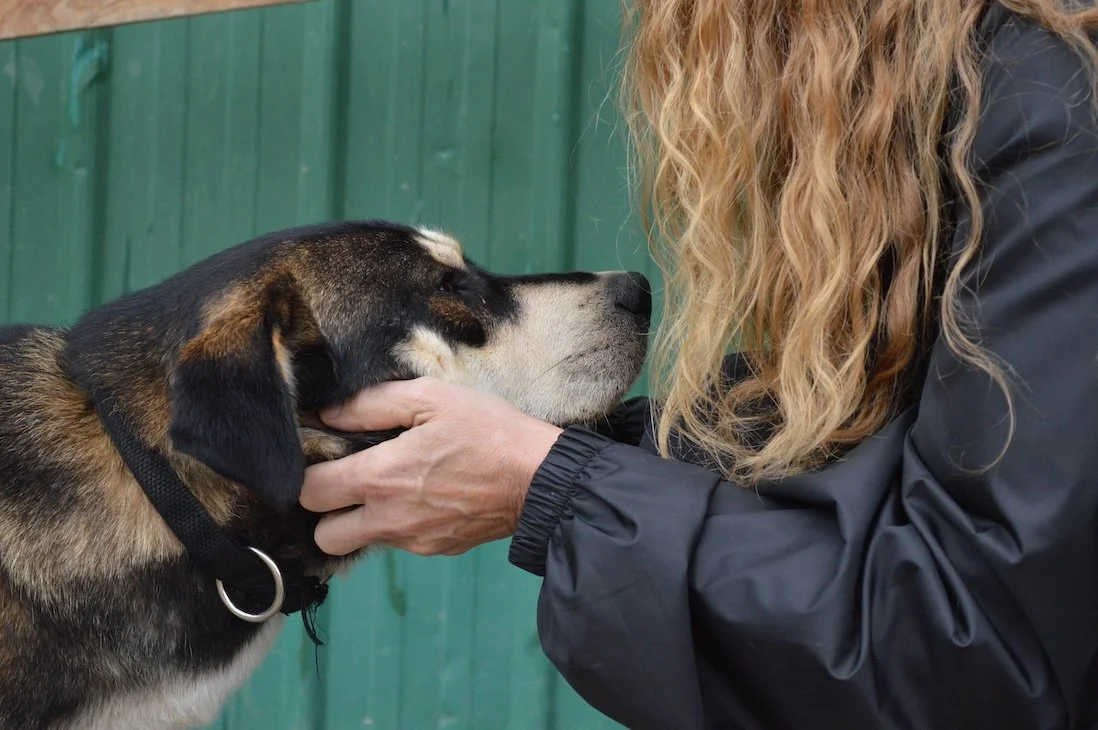Veterinary Care in Canada’s First Nation Communities
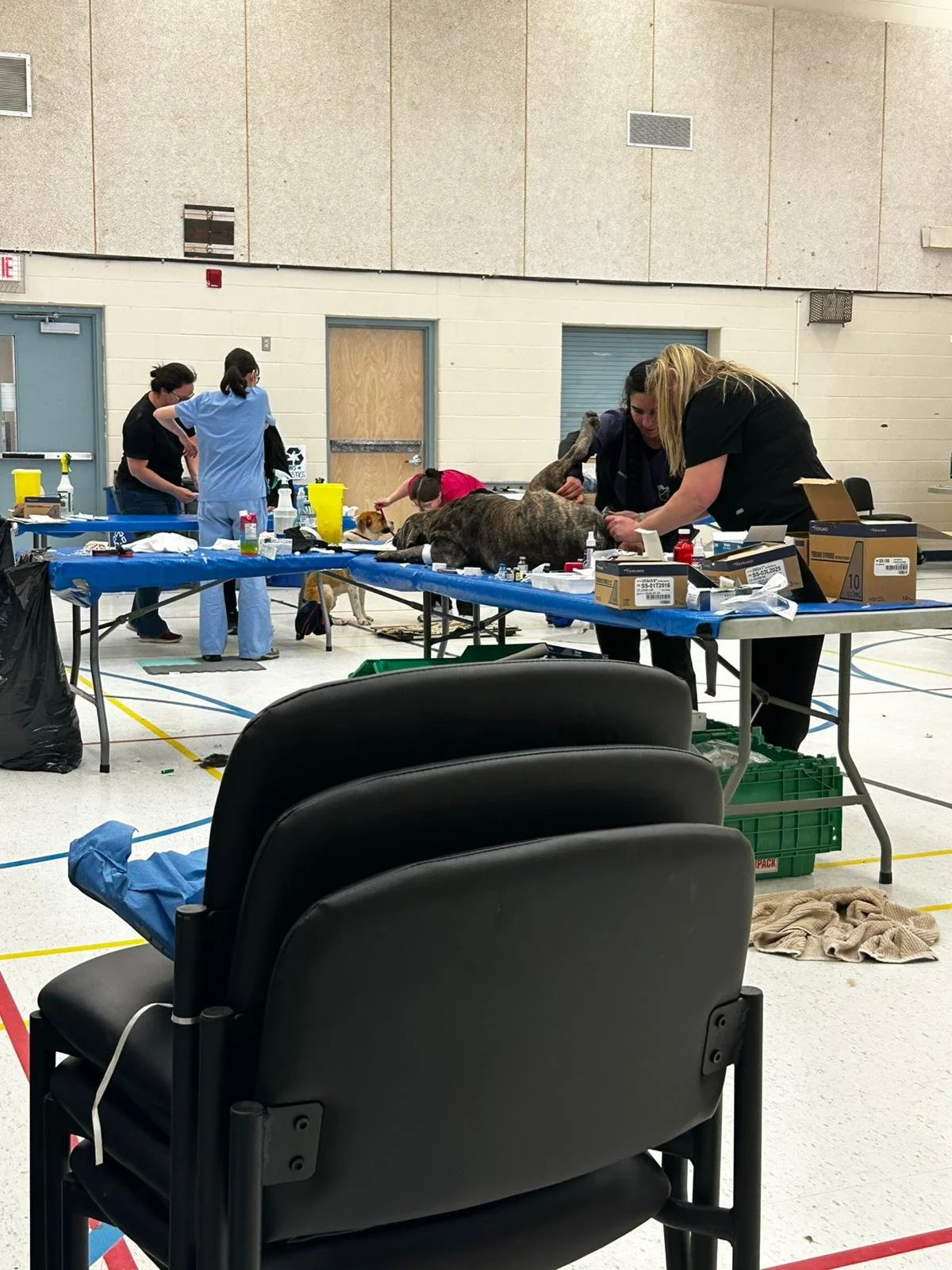
Delivering consistent veterinary care in remote northern Ontario
Access to veterinary care in many of the Matawa First Nations communities in northern Ontario, is extremely limited. Most communities are only accessible by air for much of the year, and there are no resident veterinarians or clinics. As a result, animals in these communities often go without the care they need—leading to overpopulation, preventable suffering, and risks to both animal and human health.
Dogs in these communities are important companions and protectors. They also play vital roles in community safety, emotional well-being, and culture. But without access to spay/neuterservices, vaccines, or treatment for injuries and disease, even well-loved animals can become unwell or unsafe. The challenges of travel, cost, and distance from services mean that getting help for a sick or injured pet is often simply not possible or extremely expensive.
A partnership-based approach to improving animal health
In partnership with Matawa First Nations Management, The GAAP provides consistent, year-round veterinary support to member communities. We offer a combination of in-person spay/neuter and vaccine clinics throughout the year, paired with ongoing telemedicine services so pet owners can access advice and follow-up care when they need it most.
Our team works directly with community leaders and members to deliver veterinary services that are respectful, culturally appropriate, and focused on long-term solutions—not just temporary fixes. We know that trust and relationship-building are essential to this work, and we are proud to be invited into communities again and again.
Access to veterinary care in remote northern communities is not just a logistical issue—it’s a systemic one. That’s why The GAAP is participating in a regional task force alongside Indigenous leaders, veterinary professionals, and animal welfare experts. Together, we are working to understand the root causes of veterinary inequity in First Nations communities and co-create solutions that last.
This includes advocating for funding and resources, developing training pathways for local animal health workers, and supporting community-driven care models. We believe that the people who live in these communities are the ones best positioned to lead change, and we are here to support them every step of the way.
Collaboration in action!
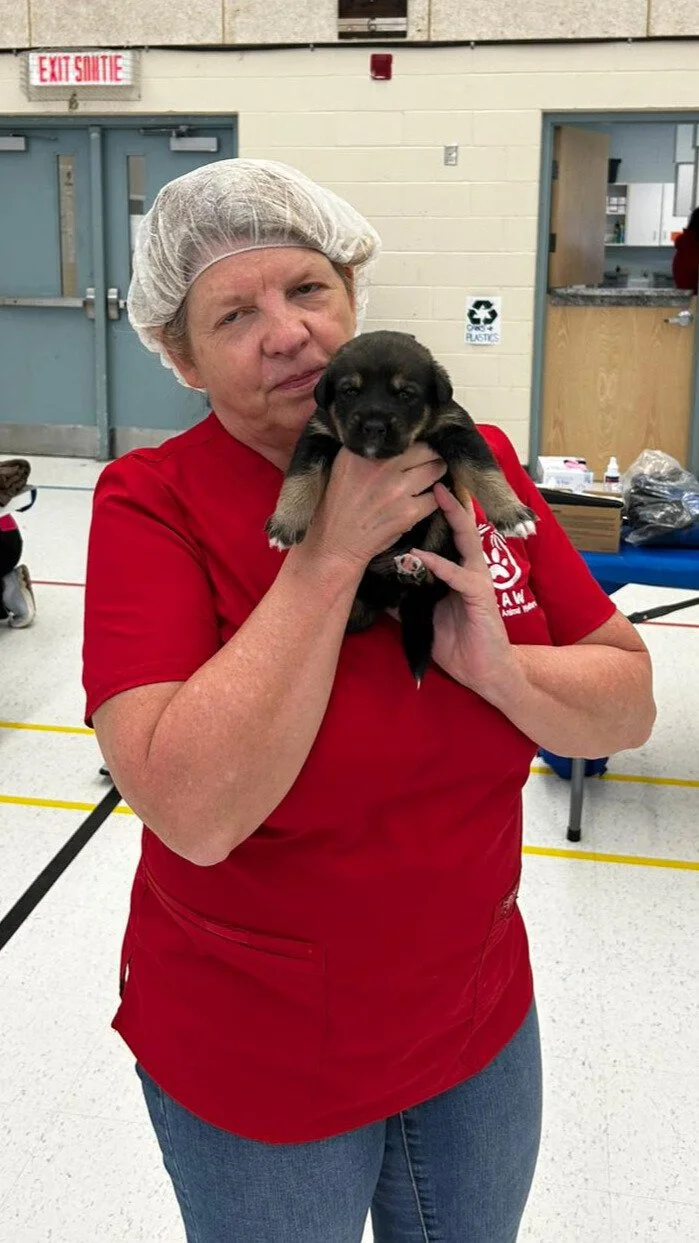
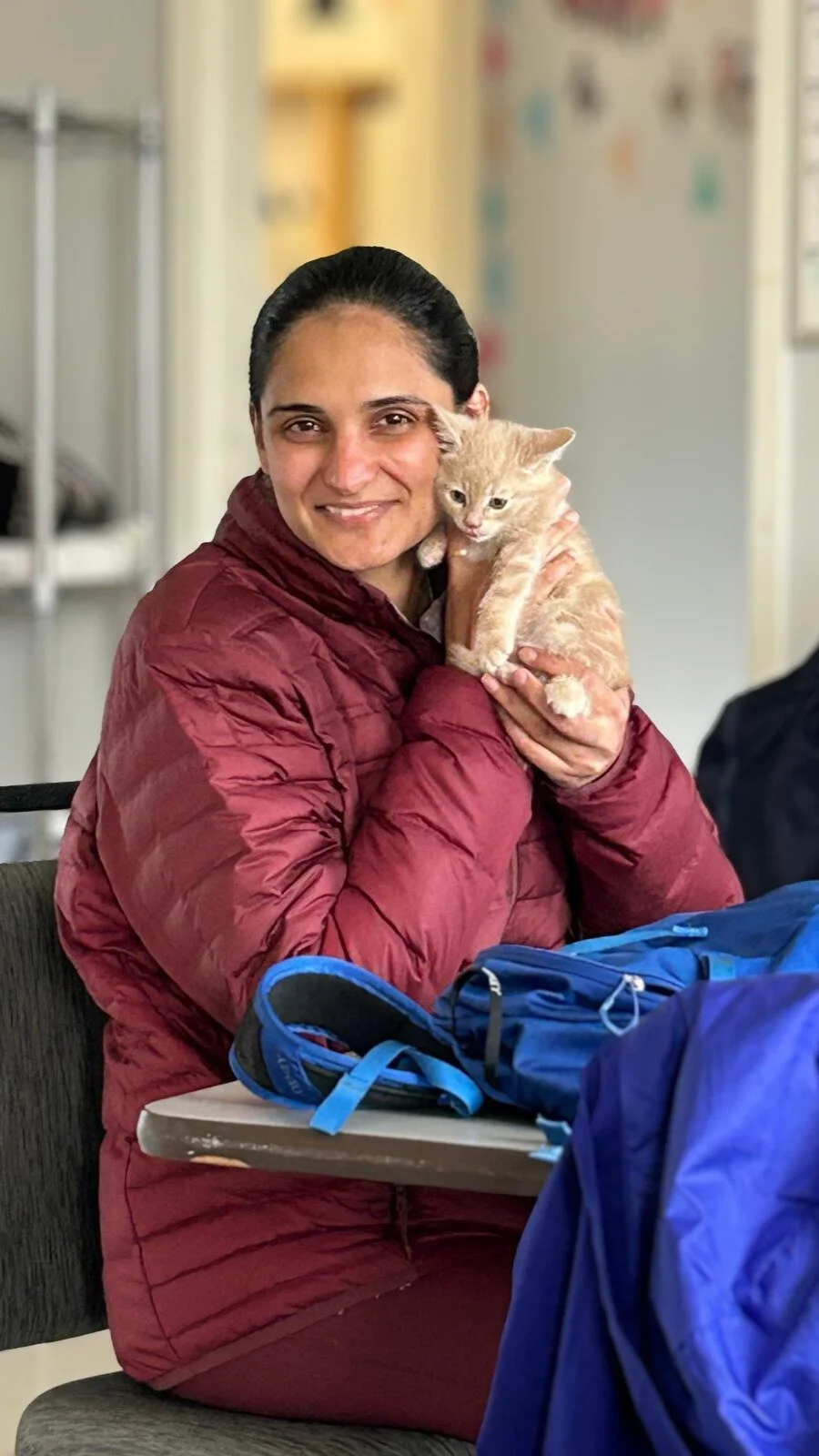
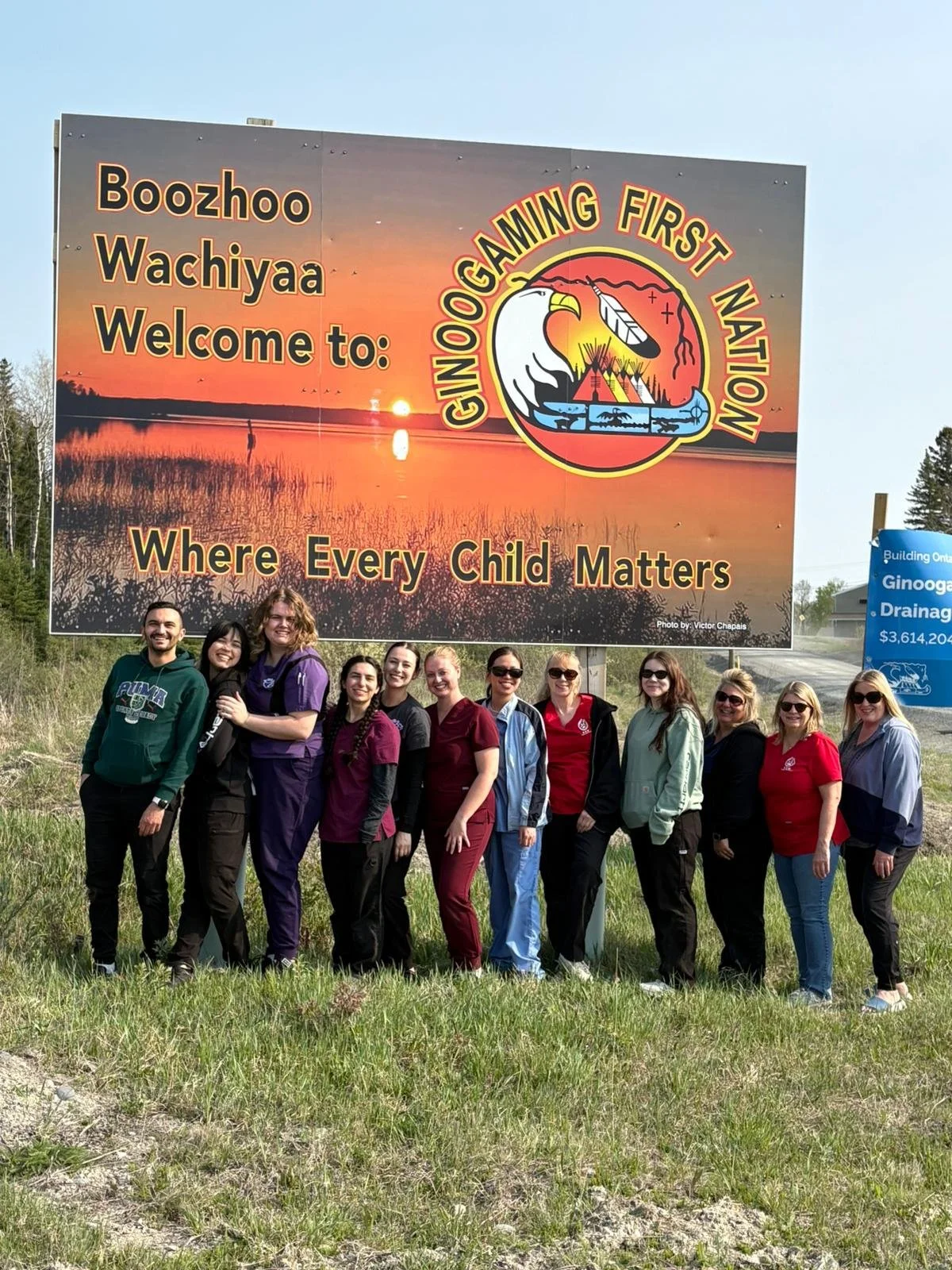
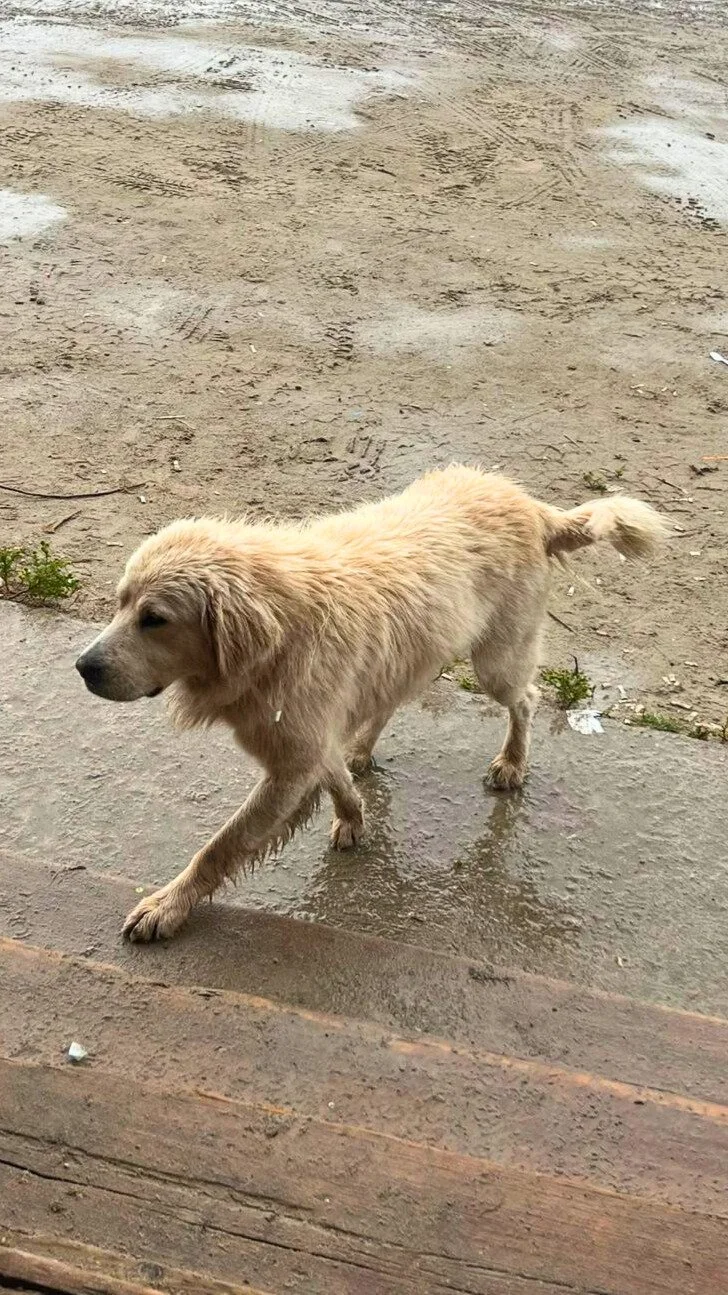
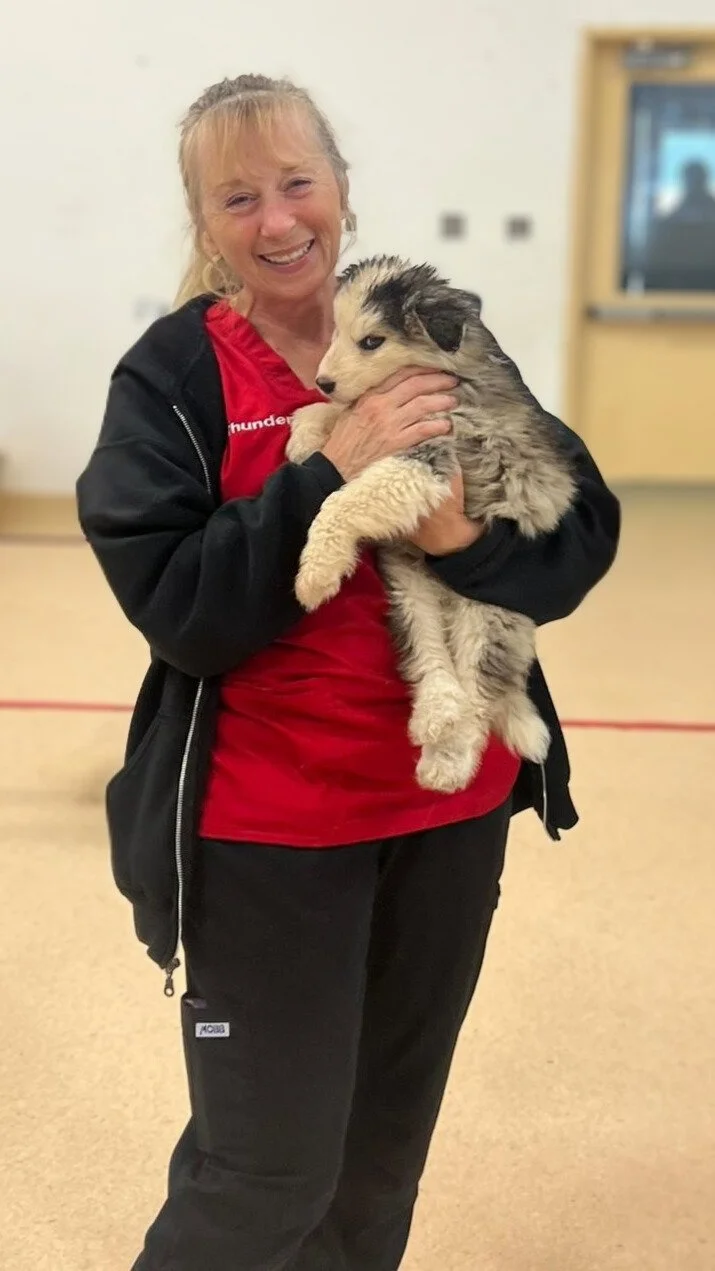
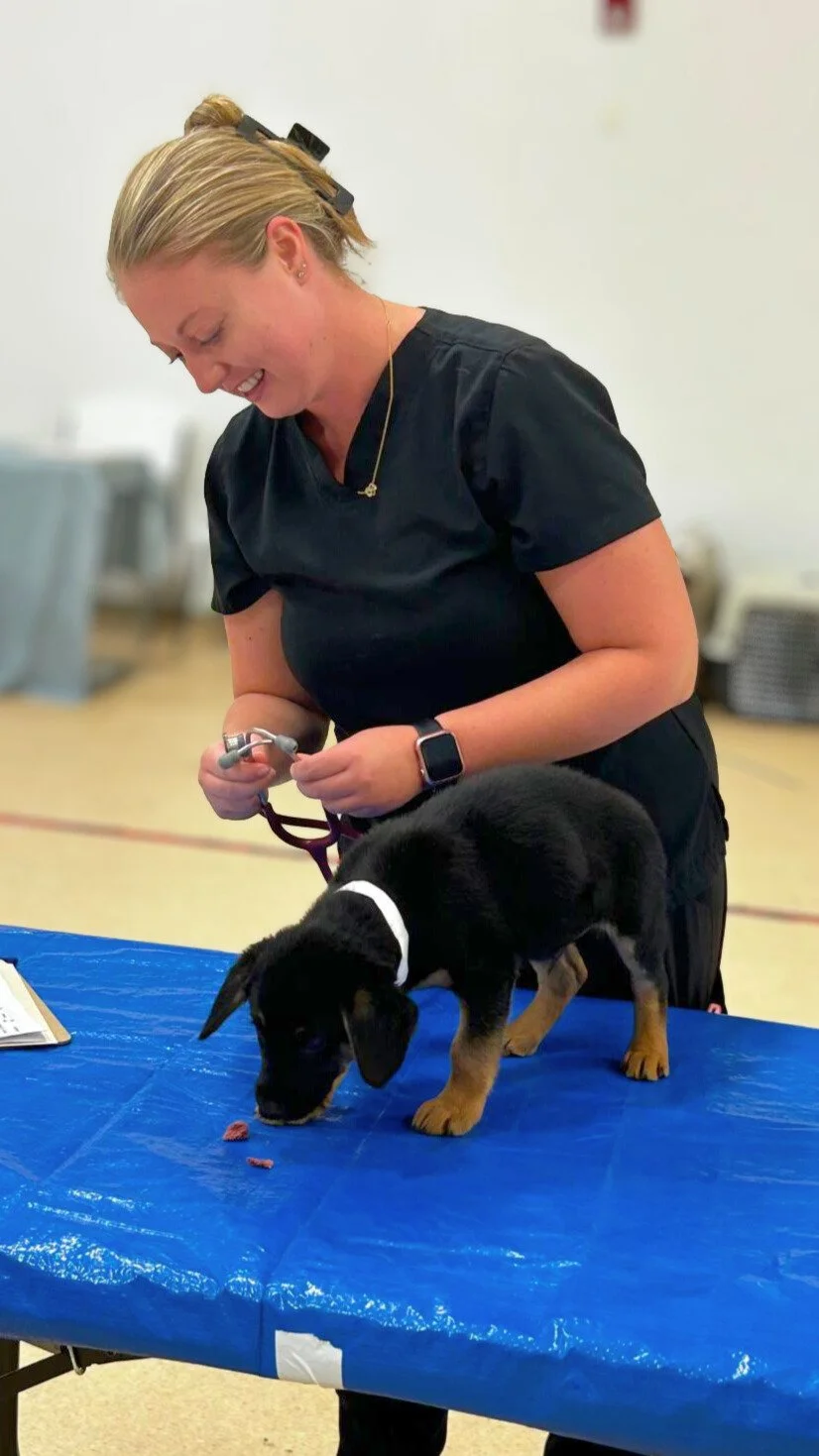
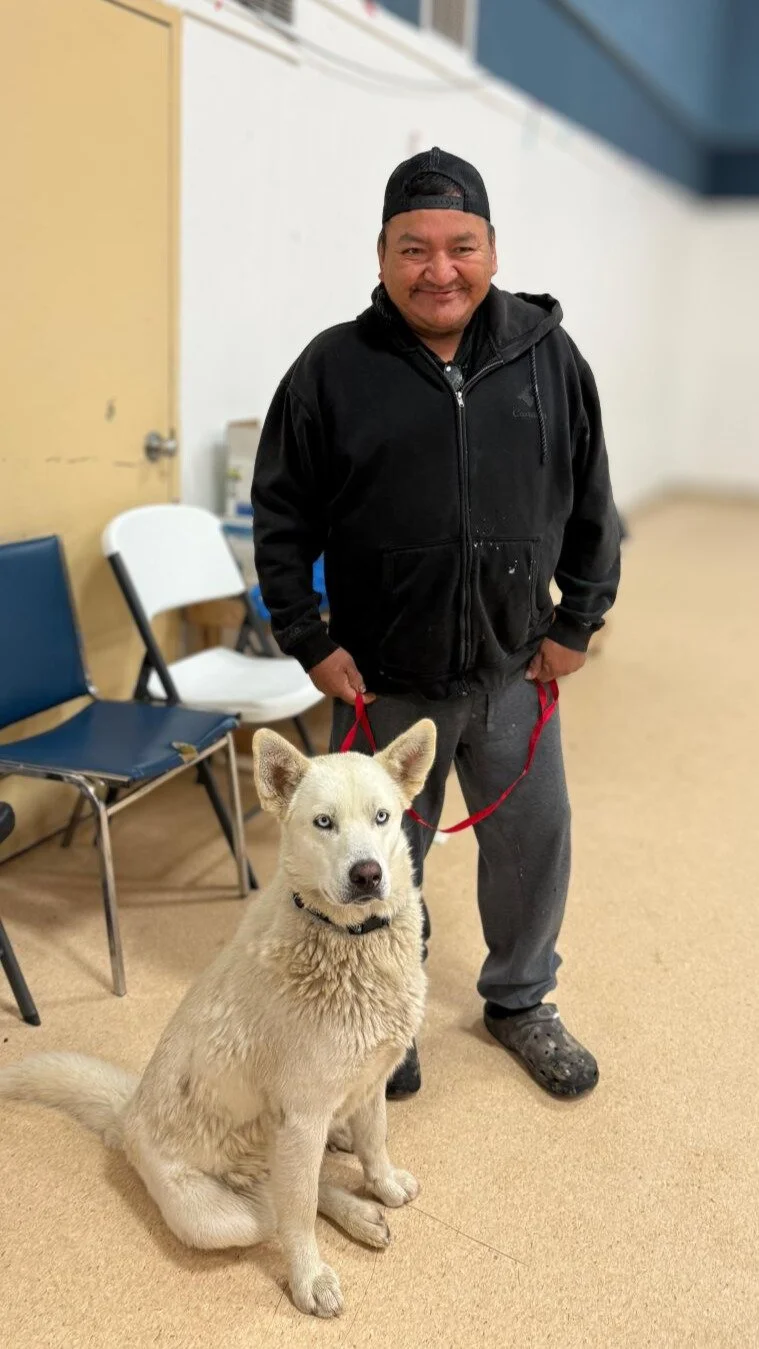
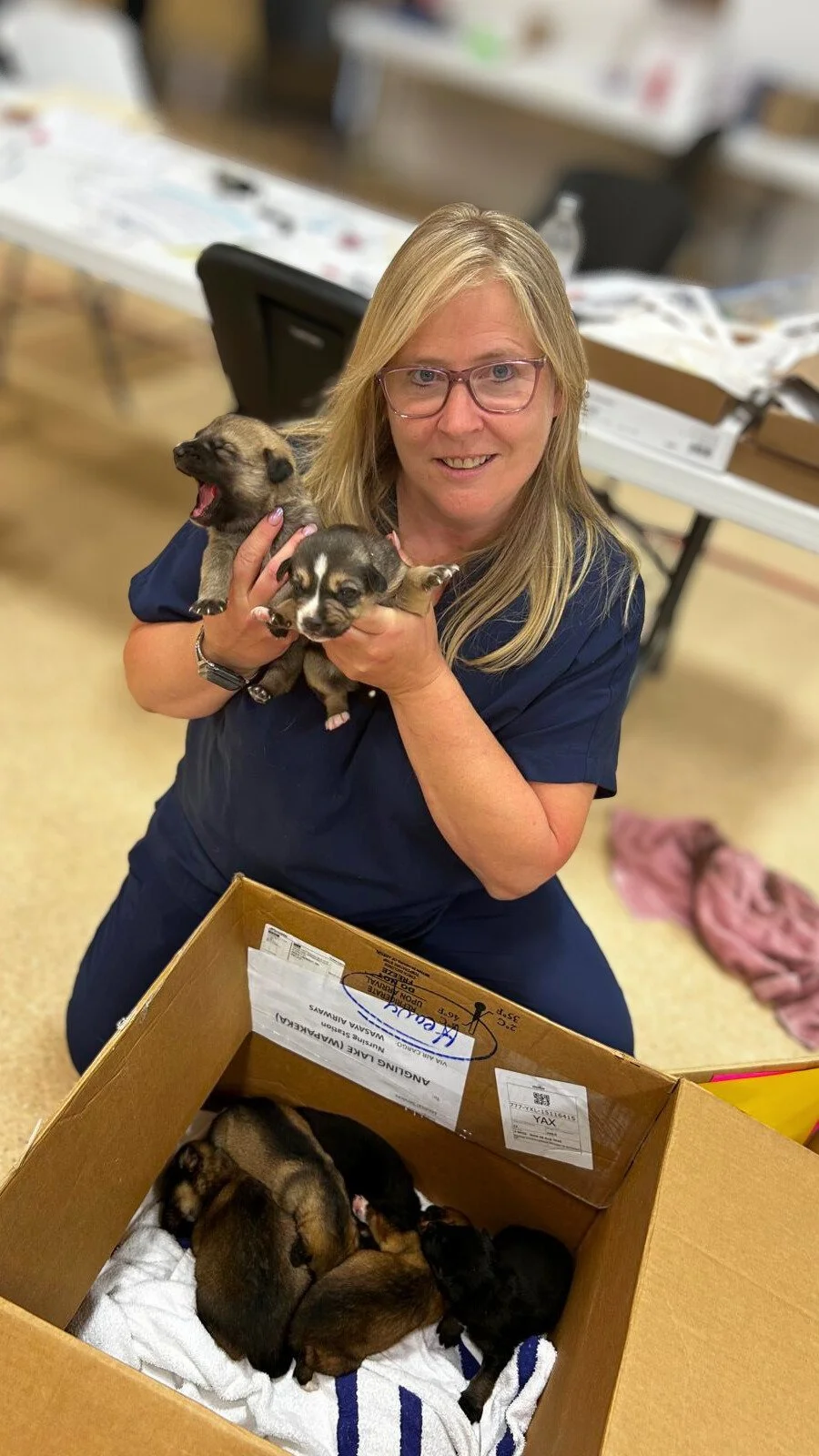
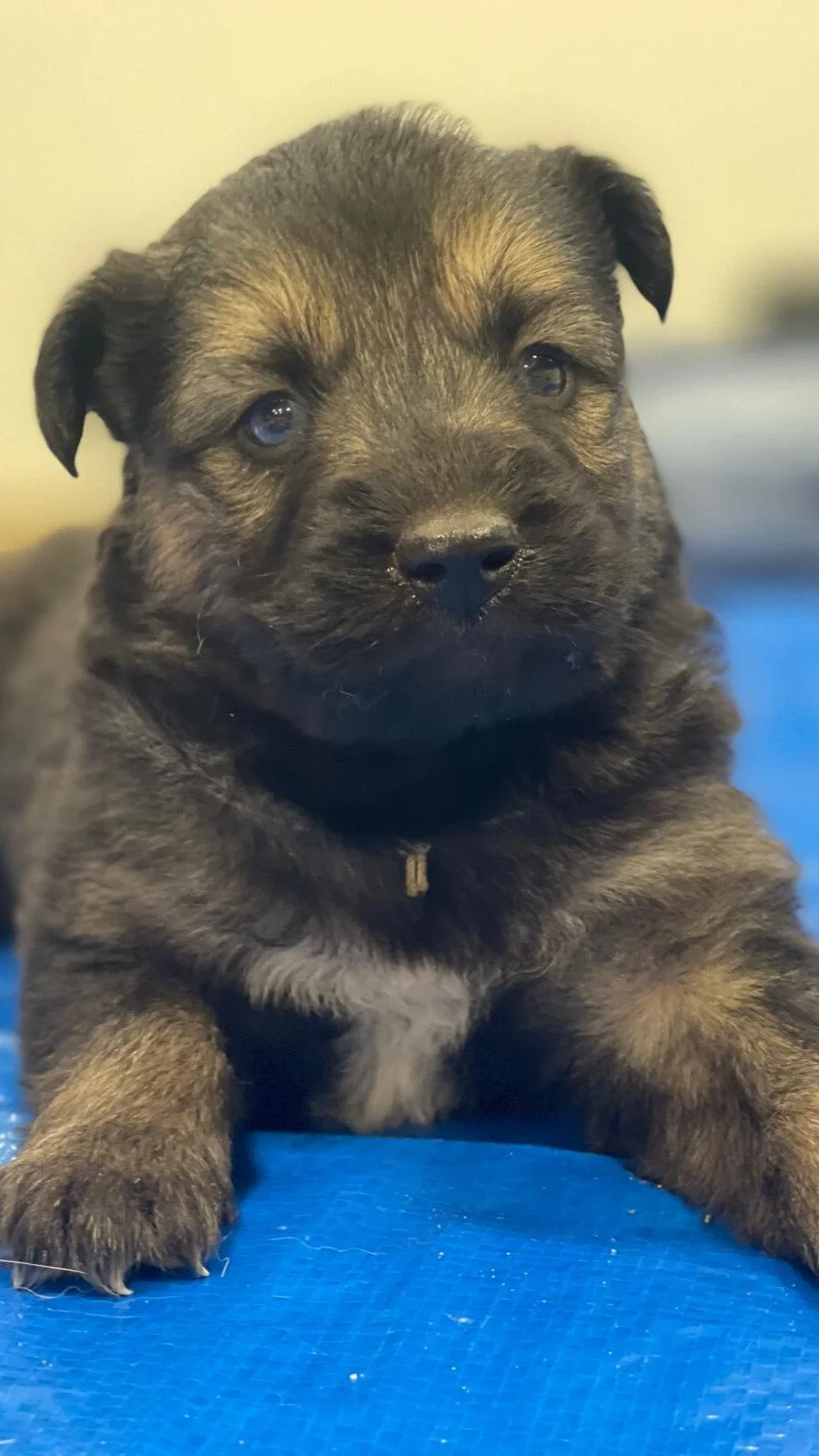
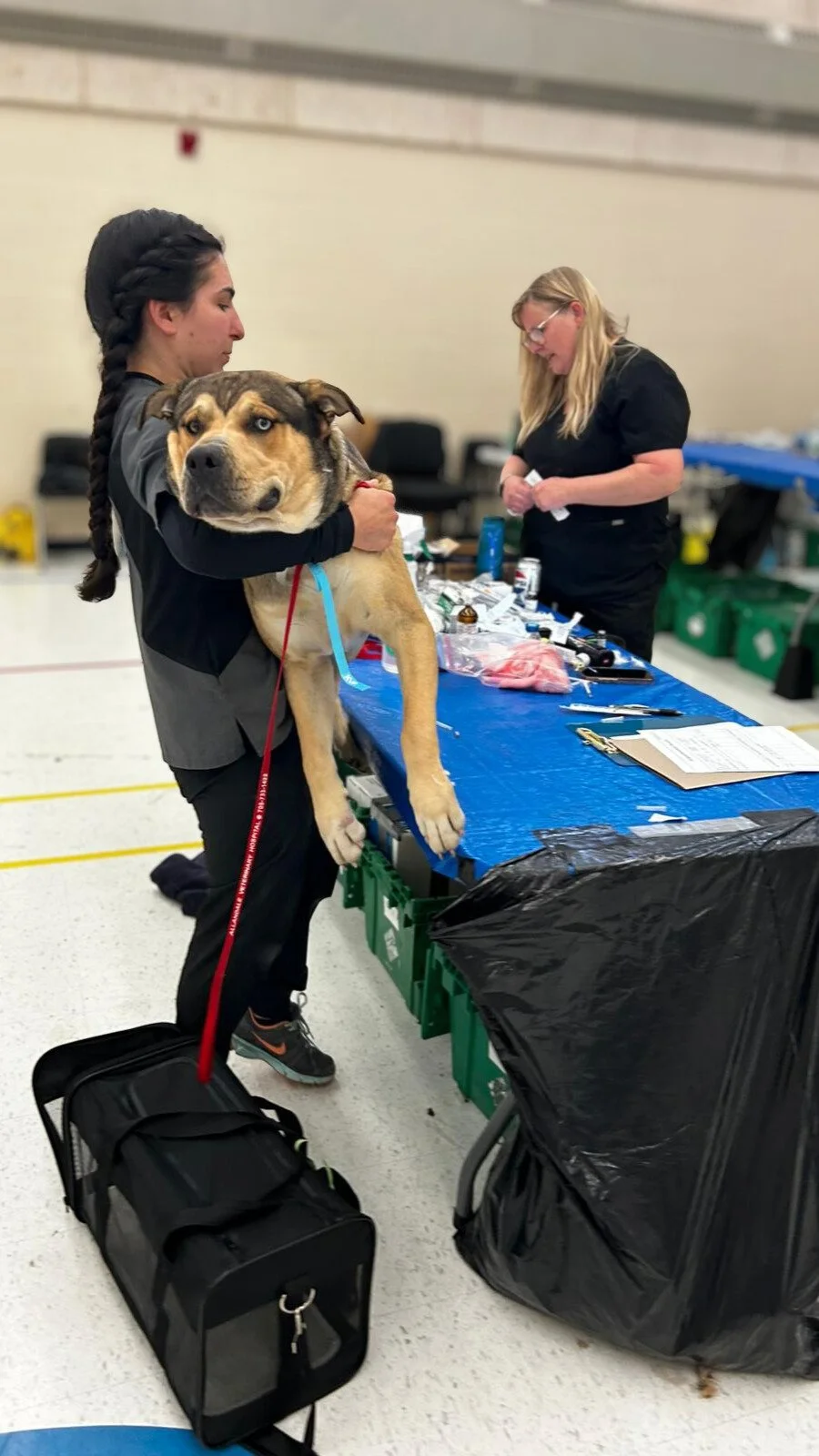
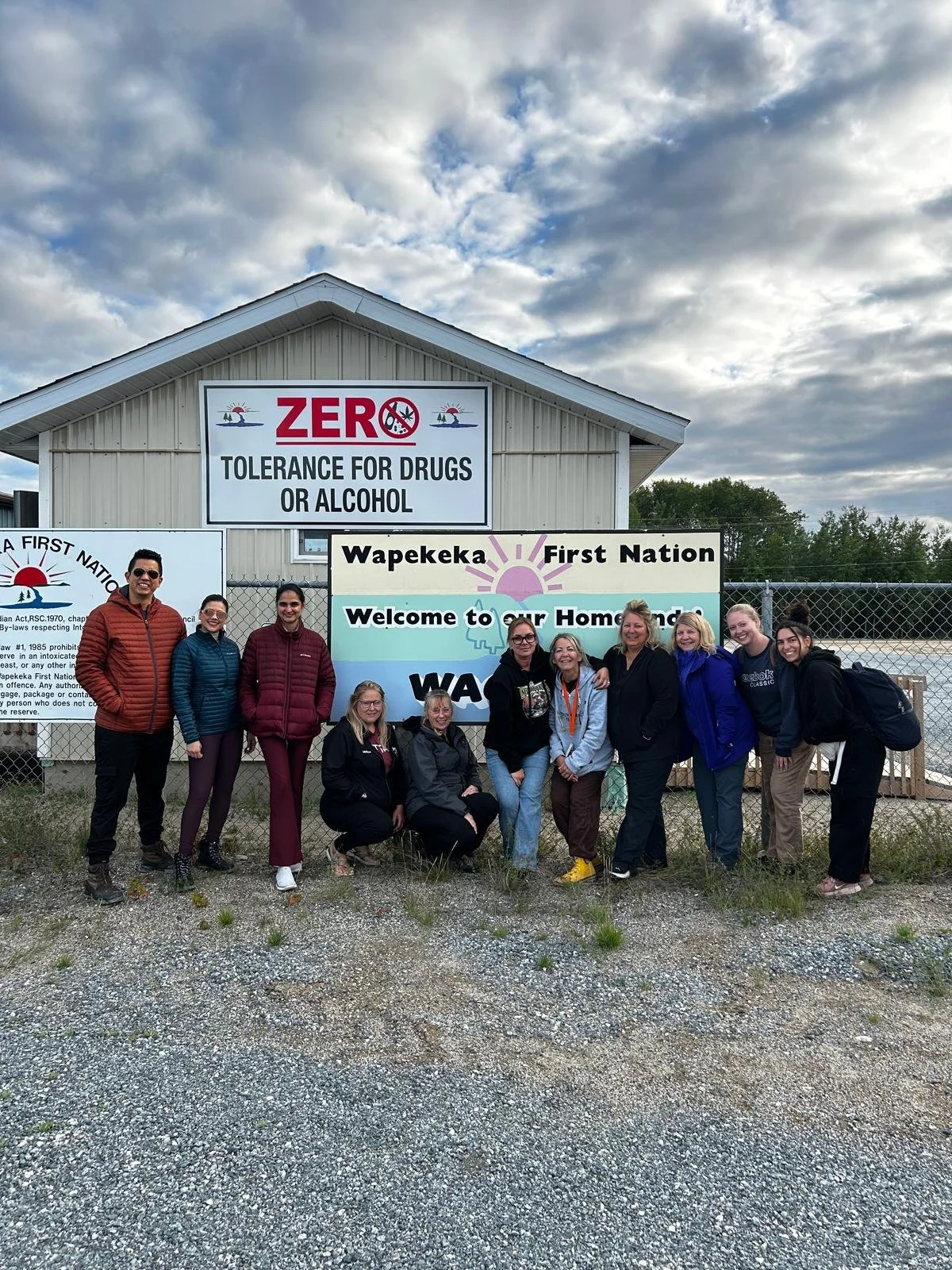
There is no other living non-human animal that spends more time and lives as closely with people as dogs and cats. These pets live in our homes, in our beds, they go with us on vacation and comfort us when we are ill or distraught. Dogs and cats also have the potential to spread diseases and parasites to us during these close interactions, if they are not properly cared for or their health visits with their veterinarian are not up-to-date. Additionally, many pets have free access to streets and forests, which can have a negative health impact on other domestic animals as well as wildlife. Part of our role as One Health professionals is to raise awareness about the broader importance of keeping our pets healthy.
What does access to veterinary care have to do with One Health?
